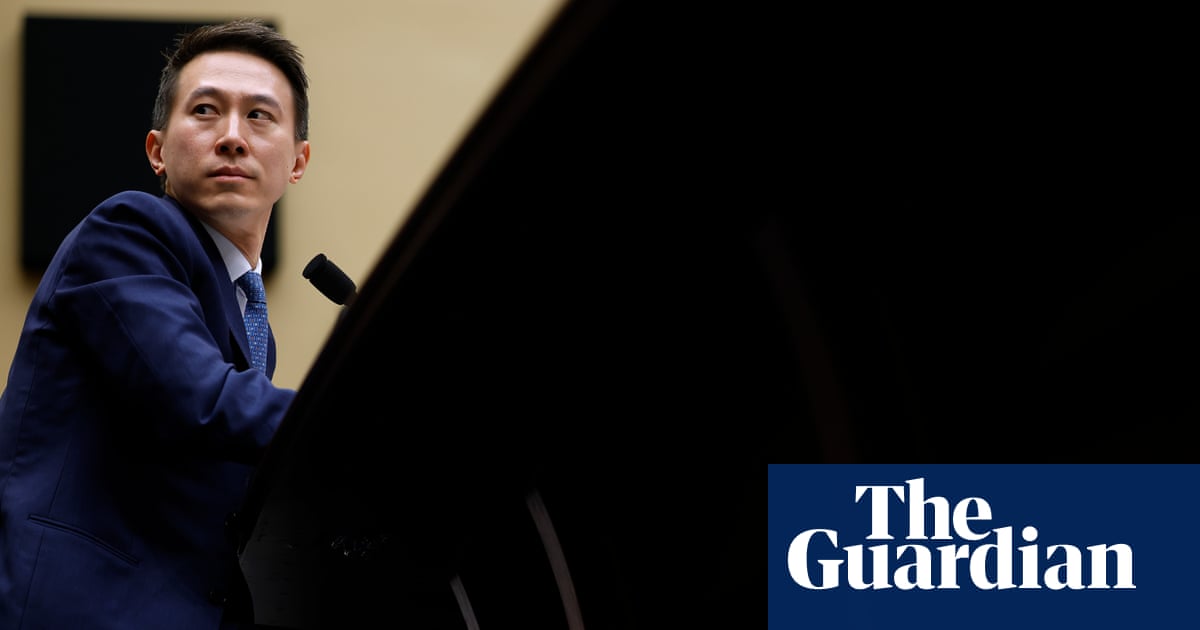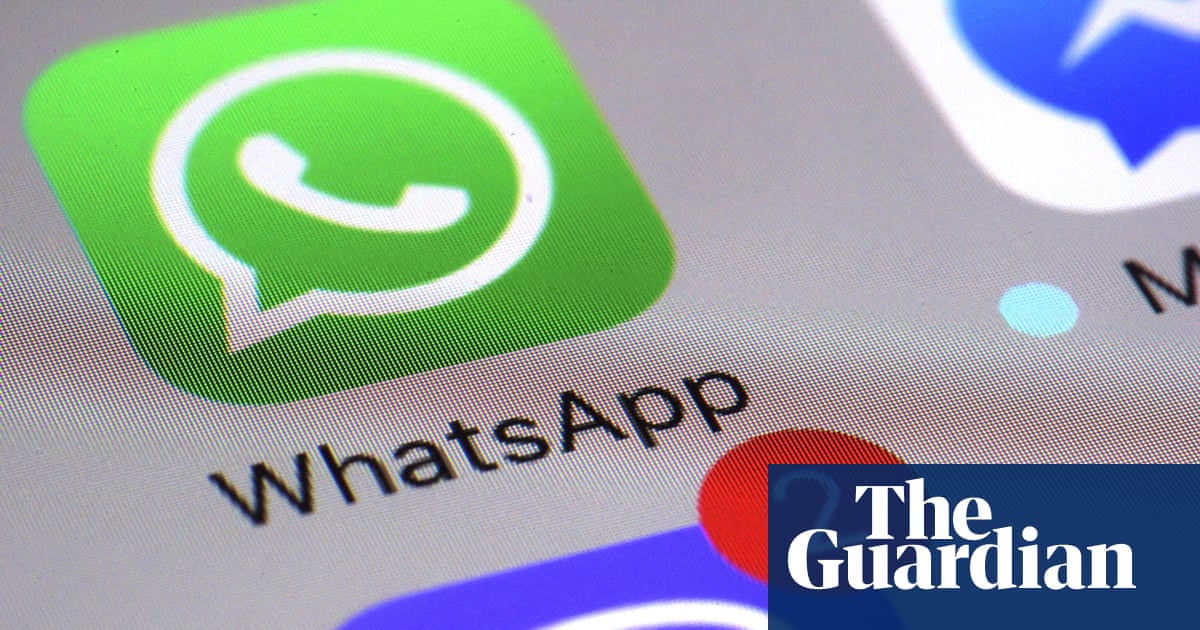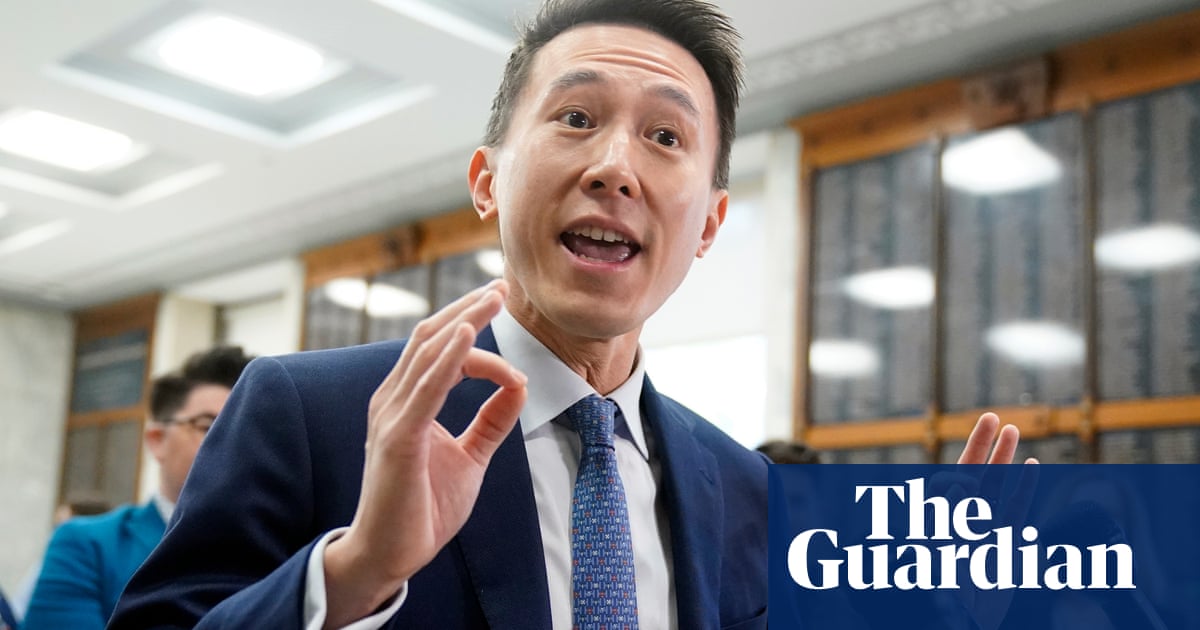
The first appearance in Congress for TikTok’s CEO Shou Zi Chew stretched more than five hours, with contentious questioning targeting the app’s relationship with China and protections for its youngest users.
Chew’s appearance comes at a pivotal time for TikTok, which is facing bipartisan fire after experiencing a meteoric rise in popularity in recent years. The company is owned by Chinese firm ByteDance, raising concerns about China’s influence over the app – criticisms Chew repeatedly tried to resist throughout the hearing.
“Let me state this unequivocally: ByteDance is not an agent of China or any other country,” he said in prepared testimony.
He defended TikTok’s privacy practices, stating they are are in line with those of other social media platforms, adding that in many cases the app collects less data than its peers. “There are more than 150 million Americans who love our platform, and we know we have a responsibility to protect them,” Chew said.
Here are some of the other key criticisms Chew faced at Thursday’s landmark hearing, and what could lie ahead.
TikTok’s relationship to China under fire
Many members of the committee focused on ByteDance and its executives, who lawmakers say have ties to the Chinese Communist party.
The committee members asked how frequently Chew was in contact with them, and questioned whether the company’s proposed solution, called Project Texas, would offer sufficient protection against Chinese laws that require companies to make user data accessible to the government.
At one point, Tony Cárdenas, a Democrat from California, asked Chew outright if TikTok is a Chinese company. Chew responded that TikTok is global in nature, not available in mainland China, and headquartered in Singapore and Los Angeles.
Neal Dunn, a Republican from Florida, asked with similar bluntness whether ByteDance has “spied on American citizens” – a question that came amid reports the company accessed journalists’ information in an attempt to identify which employees were leaking information. Chew responded that “spying is not the right way to describe it”.
Concerns about the viability of ‘Project Texas’
In an effort to deflect concerns about Chinese influence, TikTok has pledged to relocate all US user data to domestic servers through an effort titled Project Texas, a plan that would also allow US tech firm Oracle to scrutinize TikTok’s source code and act as a third-party monitor.
The company has promised to complete the effort by the end of the year, but some lawmakers questioned whether that is possible, with hundreds of millions of lines of source code requiring review in a relatively short amount of time.
“I am concerned that what you’re proposing with Project Texas just doesn’t have the technical capability of providing us the assurances that we need,” the California Republican Jay Obernolte, a congressman and software engineer, said.
Youth safety and mental health in the spotlight
Another frequent focus was the safety of TikTok’s young users, considering the app has exploded in popularity with this age group in recent years. A majority of teens in the US say they use TikTok – with 67% of people aged 13 to 17 saying they have used the app and 16% of that age group saying they use it “almost constantly”, according to the Pew Research Center.
Lawmakers cited reports that drug-related content has spread on the app, allowing teens to purchase dangerous substances easily online. Chew said such content violates TikTok policy and that they are removed when identified.
“We take this very seriously,” Chew said. “This is an industry-wide challenge, and we’re investing as much as we can. We don’t think it represents the majority of the users’ experience on TikTok, but it does happen.”
Others cited self-harm and eating disorder content, which have been spreading on the platform. TikTok is also facing lawsuits over deadly “challenges” that have gone viral on the app. Mental health concerns were underscored at the hearing by the appearance of Dean and Michelle Nasca, the parents of a teen who died by suicide after allegedly being served unsolicited self-harm content on TikTok.
“We need you to do your part,” said congresswoman Kim Schrier, who is a pediatrician. “It could save this generation.”
Uncertainty lingers over a possible ban
The federal government has already barred TikTok on government devices, and the Biden administration has threatened a national ban. Thursday’s hearing left the future of the app in the US uncertain, as members of the committee appeared unwavering in their conviction that TikTok was a tool that could be exploited by the Chinese Communist party. Their conviction was bolstered by a report in the Wall Street Journal, released just hours before the hearing, indicating the Chinese government would not approve a sale of TikTok.
Lawmakers outside of the committee are also unconvinced. US senators Mark Warner and John Thune said in a statement that all Chinese companies “are ultimately required to do the bidding of Chinese intelligence services, should they be called upon to do so” and that nothing Chew said in his testimony assuaged those concerns. Colorado senator Michael Bennet also reiterated calls for an all-out ban of TikTok.
But the idea of a national ban still faces huge hurdles, both legally and in the court of public opinion. For one, previous attempts to ban TikTok under the Trump administration was blocked in court due in part to free speech concerns. TikTok also remains one of the fastest growing and most popular apps in the US and millions of its users are unlikely to want to give it up.
A coalition of civil liberties, privacy and security groups including Fight for the Future, the Center for Democracy and Technology, and the American Civil Liberties Union have written a letter opposing a ban, arguing that it would violate constitutional rights to freedom of expression. “A nationwide ban on TikTok would have serious ramifications for free expression in the digital sphere, infringing on Americans’ first amendment rights and setting a potent and worrying precedent in a time of increased censorship of internet users around the world,” the letter reads.
Where the coalition and many members of the House committee agree is on the pressing need for federal data privacy regulation that protects consumer information and reins in all big tech platforms, including TikTok. The American Data Privacy Act – a bipartisan bill working its way through Washington – is one effort under way to address those concerns.












